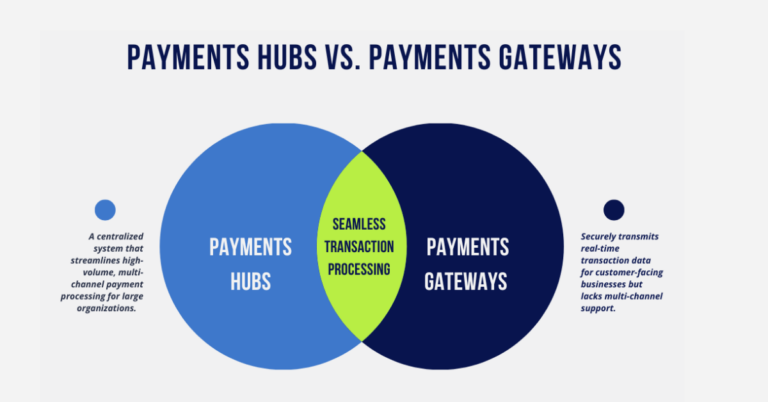At AFP 2019, held October 20-23 in Boston, we had the opportunity to connect with attendees in the exhibit hall and attend sessions dedicated to the latest developments in payments. Here’s a quick recap of lessons learned at the event.
- It’s more important than ever to embrace payments innovation.
Payments are changing at the speed of light. The majority of sessions discussed new and evolving innovation in payments and how this innovation can positively impact organizations across all industries.
Embracing payments innovation begins with fully understanding the payments needs, preferences, and requirements of an organization’s constituents. Once this profile is developed, it becomes clear where innovation can be applied to support these constituents in their payments journey. Solutions like FedNowSM, RTP®, and Zelle® were discussed across multiple sessions to illustrate how organizations currently use these solutions or plan to use them in the future.
A key takeaway is not to delay adopting these solutions in hopes of better technology in the future. The future is now, and consumer expectations are only continuing to rise. It’s imperative that organizations position themselves to meet these expectations by adopting new payments technology or working with a partner who can help them adapt quickly.
- Paper checks are remarkably persistent.
A decade or two ago, it would have been easy to predict that paper checks would be a thing of the past by 2019. Although check payments continue to decrease, the rate of that decline has been decelerating as it becomes more difficult for organizations to eliminate ingrained paper processes. However, several of the sessions were dedicated to organizations that are thinking outside of the box to replace legacy processes built around paper checks.
- Organizations are rethinking how they issue refunds.
Paper check-based refunds can be expensive, difficult to manage, and open organizations to the risk of fraud. And when unclaimed or undeposited refunds go into the escheatment process, the headaches only worsen.
One session discussed how a hospital changed this dynamic by switching their refund issuance from paper checks to debit cards. Doing so helped eliminate barriers for patients not familiar with paper checks or those who don’t have a relationship with a bank. Moving refunds to debit cards allows patients to spend their money with the merchants of their choosing, withdraw cash at ATMs, or request paper checks instead.
In addition to creating a more seamless experience for patients, the hospital benefits as well. The shift to debit cards has resulted in less manual intervention, lower costs, and more efficient accounts payable and treasury processes.




